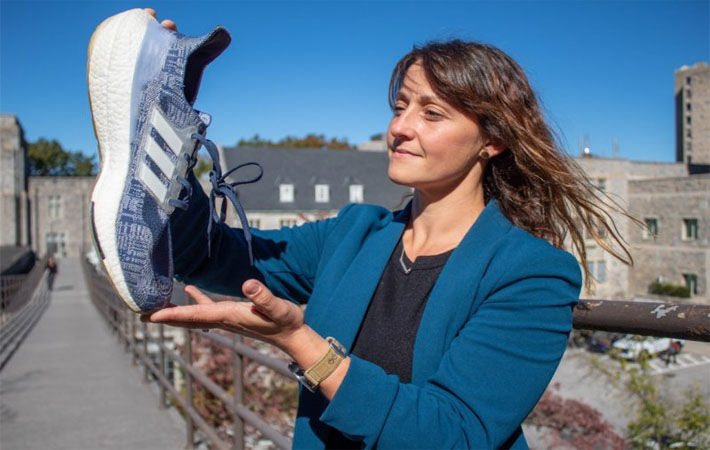
The team will also engage with stakeholders to develop viable systems and infrastructure to recover, recycle, and redistribute these materials as part of a circular economy.
Polyurethane foams, if not managed properly, particularly at end-of-life, can be toxic. They are also often embedded with other materials in the finished product, making it difficult to recover, recycle and turn into new products.
In addition to the technical challenges to recycling polyurethane foams at the molecular level, there are also systems-level challenges. To be economically viable, circular material systems require high-volumes of uncontaminated polyurethane foam products be diverted out of the waste stream—a tall task given the lack of infrastructure to support such programmes.
For this project, the team is focusing on products that are largely composed of polyurethane foam (e.g., not mixed with other materials), and which can be collected in large volumes in concentrated geographic areas, a Virginia Tech press release said.
Funding for the four-year grant comes from the National Science Foundation’s Emerging Frontiers in Research and Innovation programme, which aims to connect innovative researchers with industry partners tackling real-world challenges.
Fibre2Fashion News Desk (DS)